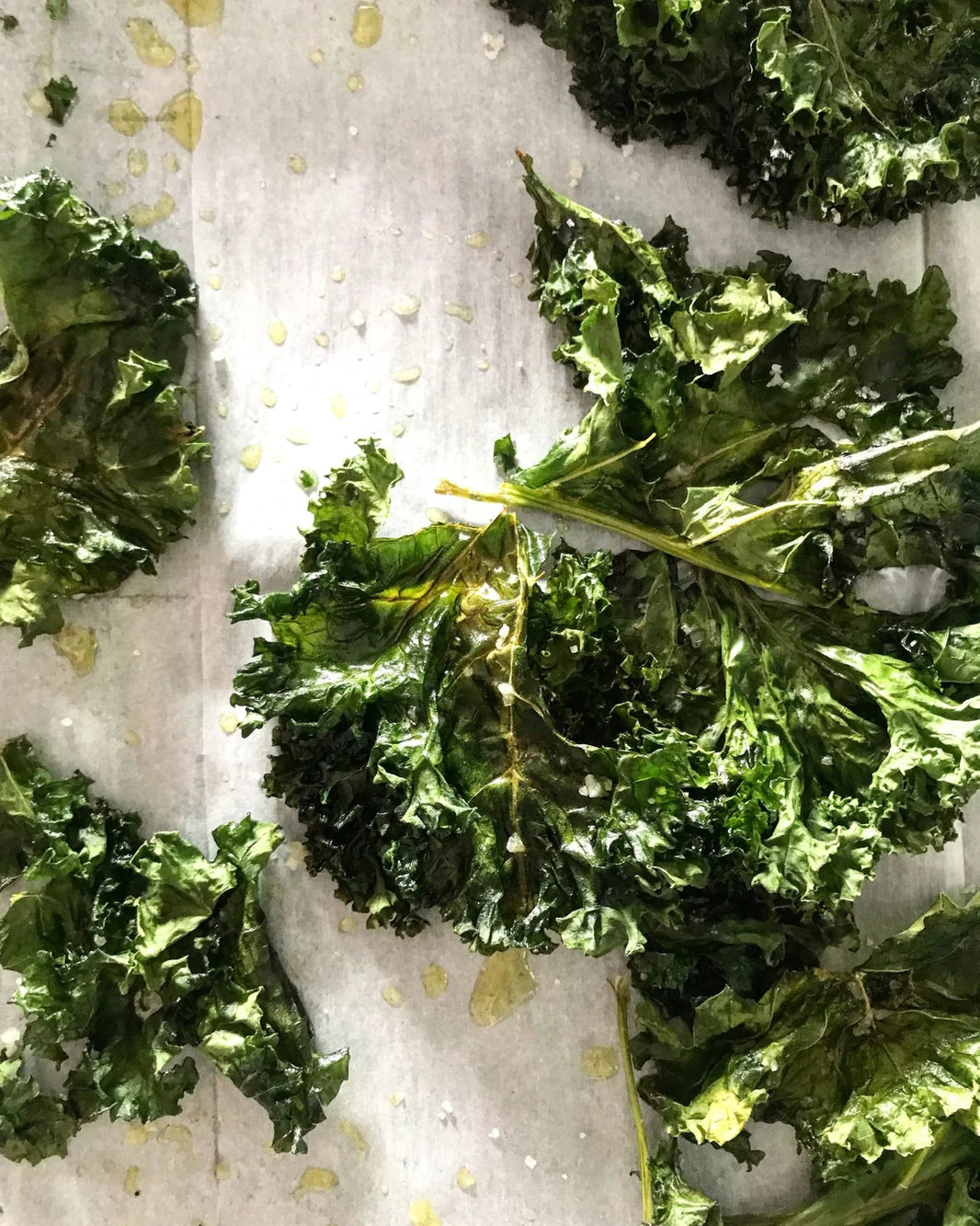The GLP-1 Paradox: Your Body, the Ultimate Wellness Factory, The Natural Wonder of GLP-1
Glucagon-like peptide-1 (GLP-1) is a hormone your body naturally produces in the intestines. It's a testament to the body's innate pharmacy, managing blood sugar, increasing insulin release, suppressing unnecessary glucagon, slowing gastric emptying, and crucially, making you feel full after eating. This hormone is your body's built-in weight management system, reducing appetite and promoting satiety. However, modern lifestyles have often thrown this balance off-kilter.
The GLP-1 Drug Craze
Pharmaceutical companies have capitalized on this, creating synthetic GLP-1 receptor agonists for treating type 2 diabetes and obesity.
These drugs mimic the natural hormone but come with side effects, costs, and the allure of a "quick fix." Yet, there's a significant irony here.
Why Over 40% Discontinue GLP-1 Therapy
Over 40% of users stop these medications within a year, due to:
-
Side Effects: Nausea, vomiting, and diarrhea are common, deterring long-term use.
-
Diminishing Returns: The initial benefits often plateau, questioning the drug's long-term efficacy.
-
Cost: The expense can be prohibitive, especially for continuous use.
-
Natural Production: Many realize their body already produces GLP-1, perhaps less effectively due to diet and lifestyle, leading to a reevaluation of external intervention.
The Gut-Brain Connection: A Delicate Balance
The gut-brain axis is pivotal, and various external factors can disrupt it:
-
Food Dyes: Artificial colors can alter gut microbiota, potentially impacting hormone signaling.
-
Skin Care Products: Ingredients can enter the bloodstream, affecting gut health indirectly through systemic inflammation.
-
Microplastics: These pervasive pollutants can disturb gut flora and cause inflammation, influencing GLP-1 production.
Rediscovering Your Body's Superpowers
The ultimate gaslight in health history might be the belief that we need external solutions for what our bodies are designed to handle:
-
Natural Production: Your body can boost GLP-1 with a diet rich in fiber, healthy fats, and proteins. Foods like avocados, nuts, and leafy greens can stimulate GLP-1 secretion.
-
Rapid Gut Health Repair: Within just 24 hours, by focusing on gut health, you can see remarkable changes: Fat to Energy Conversion: Foods high in anti-inflammatory properties can shift your body towards using stored fat for energy. Reduced Bloating and Fluid Retention: Simple dietary adjustments towards less processed, more nutrient-dense foods can alleviate these symptoms without harsh dieting.
-
Holistic Health: By nurturing gut health with foods that lower inflammation, like berries, turmeric, and fermented foods, you support your body's natural processes without the need for calorie counting or extreme workouts.
-
Side Effect-Free: Enhancing your body's natural functions avoids the adverse effects of synthetic drugs, respecting your body's rhythm and needs.
-
Sustainability: A lifestyle that respects and supports your body's capabilities is inherently sustainable, reducing reliance on continuous medical intervention.
The Irony of Modern Health
Our food and beauty industries have introduced microplastics and chemicals that can disrupt our natural hormonal balance, including GLP-1 production. Now, pharmaceuticals offer to sell us back what our bodies should produce, highlighting a cycle of consumerism in health. This questions the ethics and our understanding of our bodies as intelligent, automated systems.
Conclusion
The narrative around GLP-1 agonists serves as a potent lesson in valuing our body's natural capabilities. By nurturing and understanding our physiology, we can sustainably tackle health issues.
It's time to appreciate the human body's marvel, recognize its self-healing powers, and embrace the power of "Betr" - better health through understanding and supporting our body's innate wisdom. You can start seeing changes in just 24 hours without the need for drastic measures, proving that the power to heal and thrive has always been within you.
You Deserve Betr,
Dr. William Ferro DC






